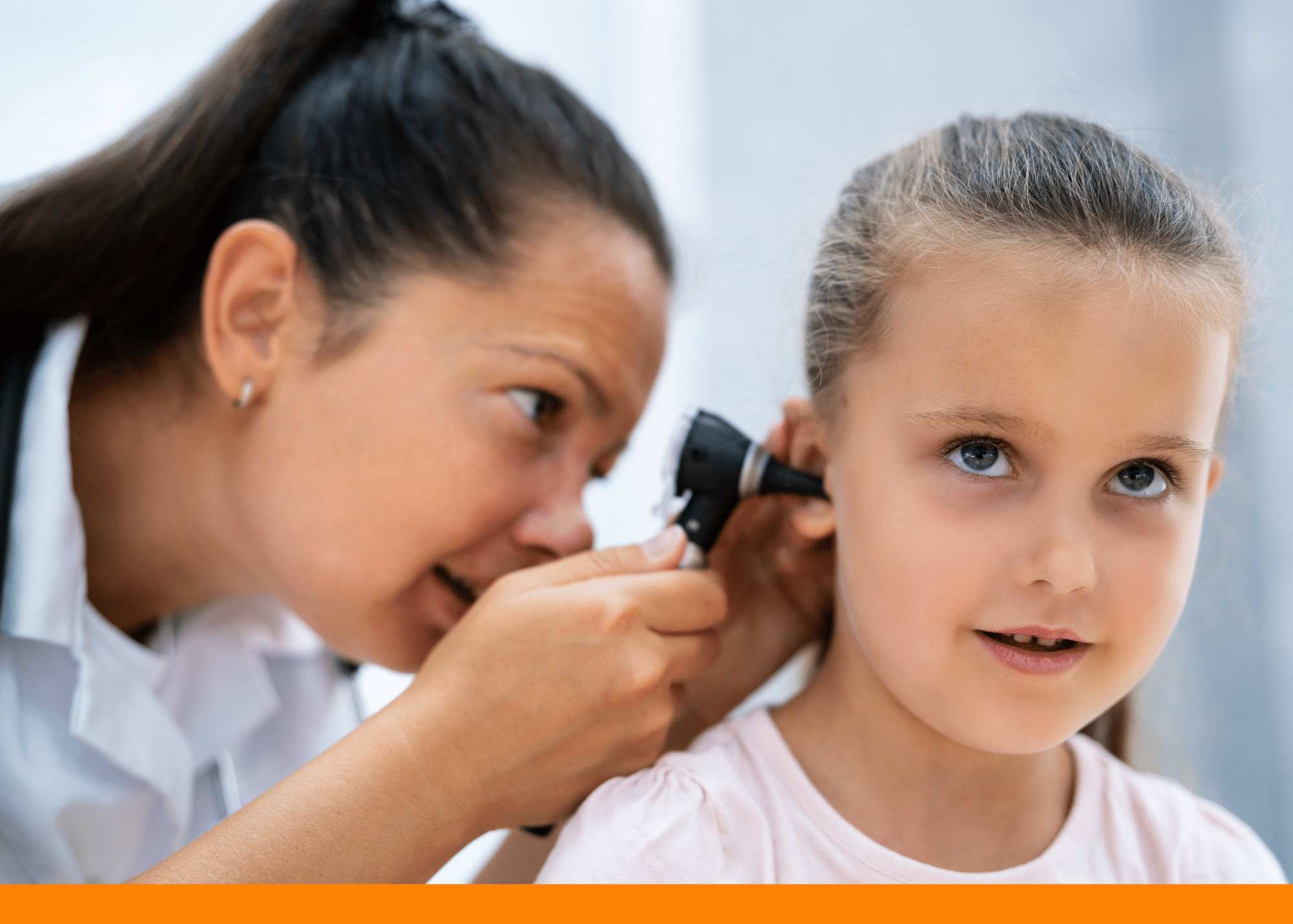
Top Tips and Tricks to Survive Cold and Flu Season
By Caroline Evans, Nurse Practitioner
Cold and flu season is now upon us. And, along with an uptick of RSV (Respiratory Syncytial Virus) and Covid that is pushing urgent care centers and hospitals to capacity, it’s important to take steps to keep germs at bay as we head into the holiday season.
Urgent Care for Children is here to care for children’s viruses and illnesses 365 days a year. But, your first line of defense against community transmission is in your hands. Here are the top ways to help you and your children stay healthy:
- Wash your hands. Hand washing remains the gold standard for infection prevention. Twenty seconds is the recommended time to lather up with soap and water. I recommend that parents help younger children meet the 20 seconds by singing their ABCs or Twinkle Twinkle Little Star. When soap and water are not readily accessible, hand sanitizer is always a good alternative. Remind children that handwashing is a must before eating too.
- Vaccinate. Staying up to date with annual flu vaccines is vitally important, as is ensuring children are vaccinated and now boosted for Covid-19. Studies show that vaccines help minimize symptoms of flu and Covid and prevent hospitalizations
- Clear those noses. Infants and young children depend on their noses while drinking and eating. When their noses are clogged, they don’t want to eat or drink and can have difficulty feeding, which can lead to dehydration.
My recommendation: Use nasal suction for babies or help small children blow their noses before eating and sleeping. My favorite way to clear stuffed-up noses is by using a classic bulb syringe with saline spray, which is safe for infants and children and helps loosen mucus and moisten membranes, offering some relief. - Stay hydrated. Children often resist eating when their noses are stuffy or they don’t feel well, which is okay for a couple of days as long as they continue to drink plenty of fluids. Hydration is most important when a child is sick.
My recommendation: Freeze Pedialyte or buy Pedialyte popsicles to encourage hydration along with sipping water or continuing to breast or formula feed throughout the day. - Embrace the cough. Coughing is one of the most common complaints when a child is fighting a nasty virus. But coughing is actually very productive, helping children to clear the secretions and mucus from their lungs. This, in turn, is helpful in preventing fluid and mucus from sitting in the lungs, causing further infections such as pneumonia.
My recommendation: If your child is younger than one, nasal suction is the best way to rid the nose and airways of mucus, especially before bedtime. For children older than one, help them blow their noses. If this proves troublesome, use a bulb syringe to help them clear their airway. Children over the age of one can also be given 1 tsp. of honey or corn syrup. Evidence shows that honey is a great and inexpensive home remedy that can help coat a sore throat and calm a cough, especially at night. - Know when it’s time to seek medical care. Colds are common and flu, RSV, and Covid remain in high circulation in the community. If your child shows signs of fever, infection, body aches, and/or trouble breathing, see your pediatrician or visit Urgent Care for Children for immediate medical care. Also keep an eye out for signs of dehydration such as dry, cracked lips, no tears when crying, or little to no urine output. When in doubt, it’s always best to err on the side of caution and see a healthcare provider for a thorough assessment.
Remember that when your child’s pediatrician is not available, Urgent Care for Children is open 365 days a year, during evening and nighttime hours, and all major holidays. Colds, flu, and other viruses don’t take a break when business hours are over, which is why it is comforting for families to know there is a pediatric urgent care center open and ready to care for a child’s illness when they need us.



